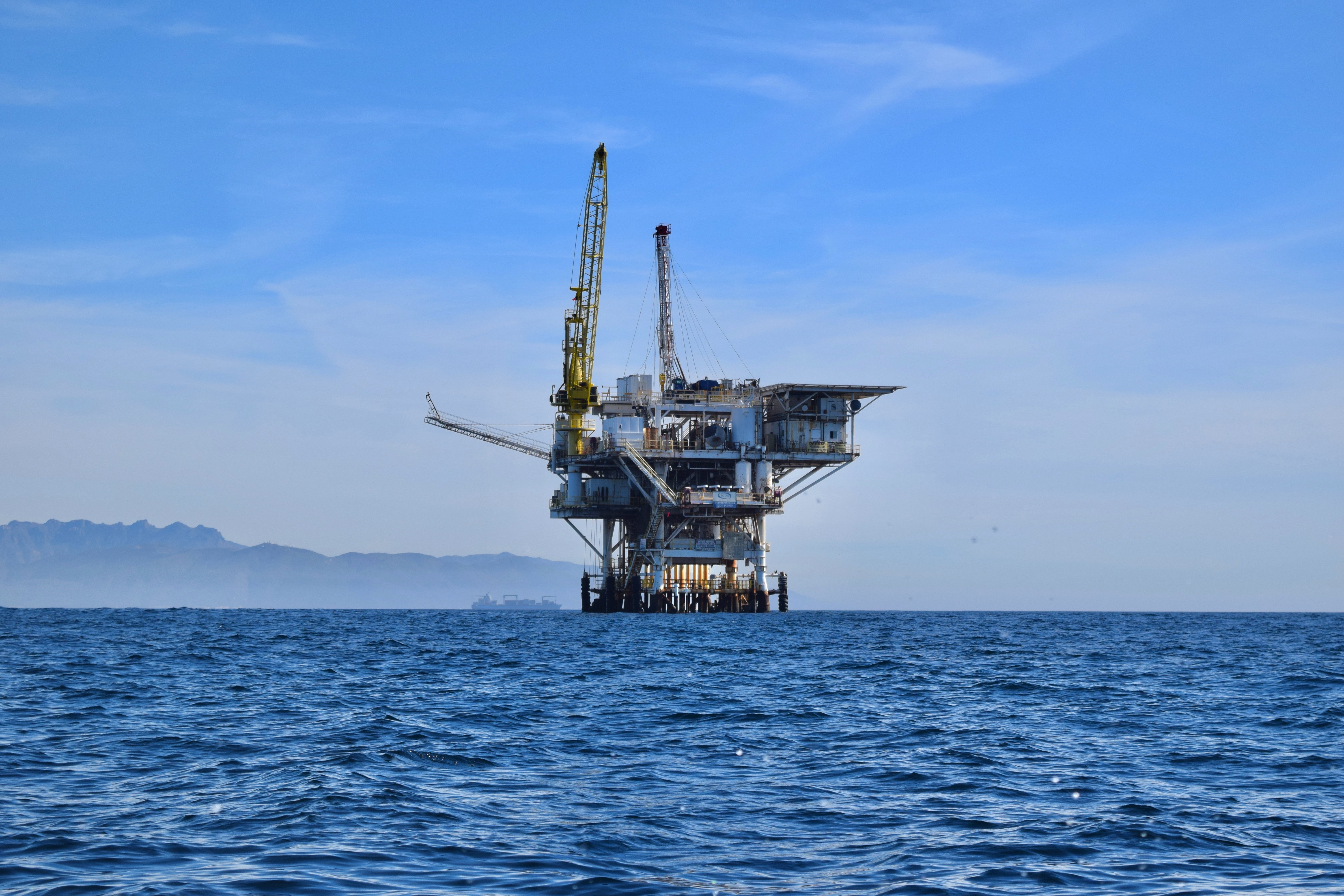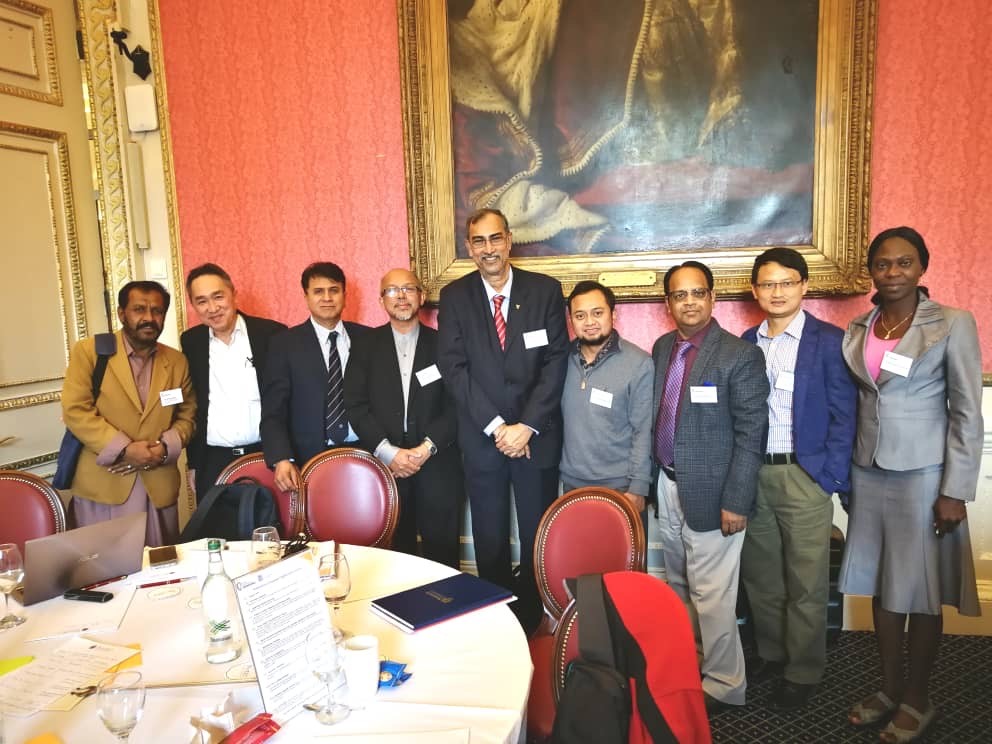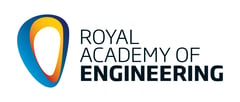Decommissioning offshore structures in South East Asia
12 August 2020 | By: Arun Dev | 2 min read
With an increasing number of offshore oil and gas fields to be decommissioned, there is a need for research to improve the decommissioning process to make it safer and more sustainable.
In South East Asia there are more than 1800 offshore platforms, most of which are old and candidates for decommissioning in the near future.
We are part of a new project focusing on decommissioning, recycling and downstream waste management facilities for structures from shallow waters around Malaysia, Indonesia, Thailand, and Vietnam.
We hope to develop technical guidelines for safe and sustainable decommissioning processes.
Contents:
- Growing capability and capacity to address the decommissioning challenge
- Review then enhance methods
- Regional context
- International collaboration
- Why are we doing this work?
Growing capability and capacity to address the decommissioning challenge
The growing number of offshore structures approaching the end of their life can be set against two further challenges.
Some structure owners have limited experience in decommissioning. And the region is lacking in safe, sustainable decommissioning processes and dedicated onshore recycling facilities.
The objectives of our new project are:
- To develop methods and guidelines which will enhance the safety of decommissioning process within the specific environment of South East Asia
- To identify and help the improvement of recycling facilities for decommissioning offshore structures in the region
- To develop a long term network for sharing of information, best practices, facilities and capacity building in the region
This project complements our other new project related to workplace safety for decommissioning in Bangladesh.
Review then enhance methods
We're going to review current decommissioning methods and procedures. We'll survey existing recycling facilities in the region. Then we'll analyse one facility in depth. The analysis will compare practice to the standards in the 2009 Hong Kong International Convention for the Safe and Environmentally Sound Recycling of Ships.
Alongside the review of facilities, we will be collating and reviewing relevant national and international laws, guidelines and rules.
Based on those activities, the project will guide improvement in decommissioning and recycling facilities in the region to achieve safe, green and sustainable standards.
Regional context
Decommissioning offshore structures is a challenge facing many regions around the world. There are particular challenges facing South East Asia:
Handling marine growth
The shallow water depths - often less than 100m - and tropical climate of South East Asia make structures more prone to attracting dense marine growth.
Safe handling and disposal of marine growth is as important as handling structural materials.
Planning and availability of facilities
Although the number of structures ready for decommissioning grows, it is quite difficult to plan and prepare facilities for the work.
Plans for decommissioning offshore installations change frequently. When and how many structures will be brought to shore for disposal is far from clear.
This creates a vicious circle:
- It is difficult to plan and commission disposal/recycling facilities to be available
- When a structure is ready to be disposed of, the lack of facilities sees structures transported to other countries
Perhaps there is an opportunity here. Improved guidance on planning and executing decommissioning might stimulate significant investment and gains in economic, environmental and social terms.
Many stakeholders
Decommissioning is a complex process. It follows that there are many stakeholders involved.
Without clear guidance to stakeholders, costs can rise and delays increase as decommissioning projects are conceived, planned and eventually executed.
We hope to help stakeholders achieve safe, sustainable decommissioning more easily by identifying guidelines and practices that can help.
International collaboration
This project is part of the Engineering X scheme, an international collaboration founded by the Royal Academy of Engineering and Lloyd’s Register Foundation.
The project will be led mainly by six Universities in the South East Asia region:
- Universiti Teknologi Malaysia
- Newcastle University in Singapore
- Universiti Teknologi Petronas, Malaysia
- PetroVietnam University, Vietnam
- Mahidol University, Thailand
- Institut Teknologi Bandung, Indonesia
In addition, two UK universities will be the conduit for expertise from the United Kingdom.
- Newcastle University, Singapore
- Liverpool John Moores University, United Kingdom
We also have two companies involved in the project.
- Sea Sentinels Pvt Ltd, Singapore
- R.L.Kalthia Ship Breaking Pvt. Ltd., India

Some of the project team at a meeting held at the Royal Academy of Engineering. Dr Arun Dev is in the centre.
Why are we doing this work?
There are four outcomes we hope to achieve from this work:
- Safer decommissioning of offshore structures
- Increased availability of safe, green and sustainable recycling facilities
- Reducing the number of structures transported long distances to decommissioning facilities
- Better networking among researchers and practitioners in the region.
You might also like
- Newcastle University in Singapore
- Engineering X
- Dr Arun Dev
- Improving safety in ship recycling practices in Bangladesh



Header image credit: Zachary Theodore on Unsplash.
